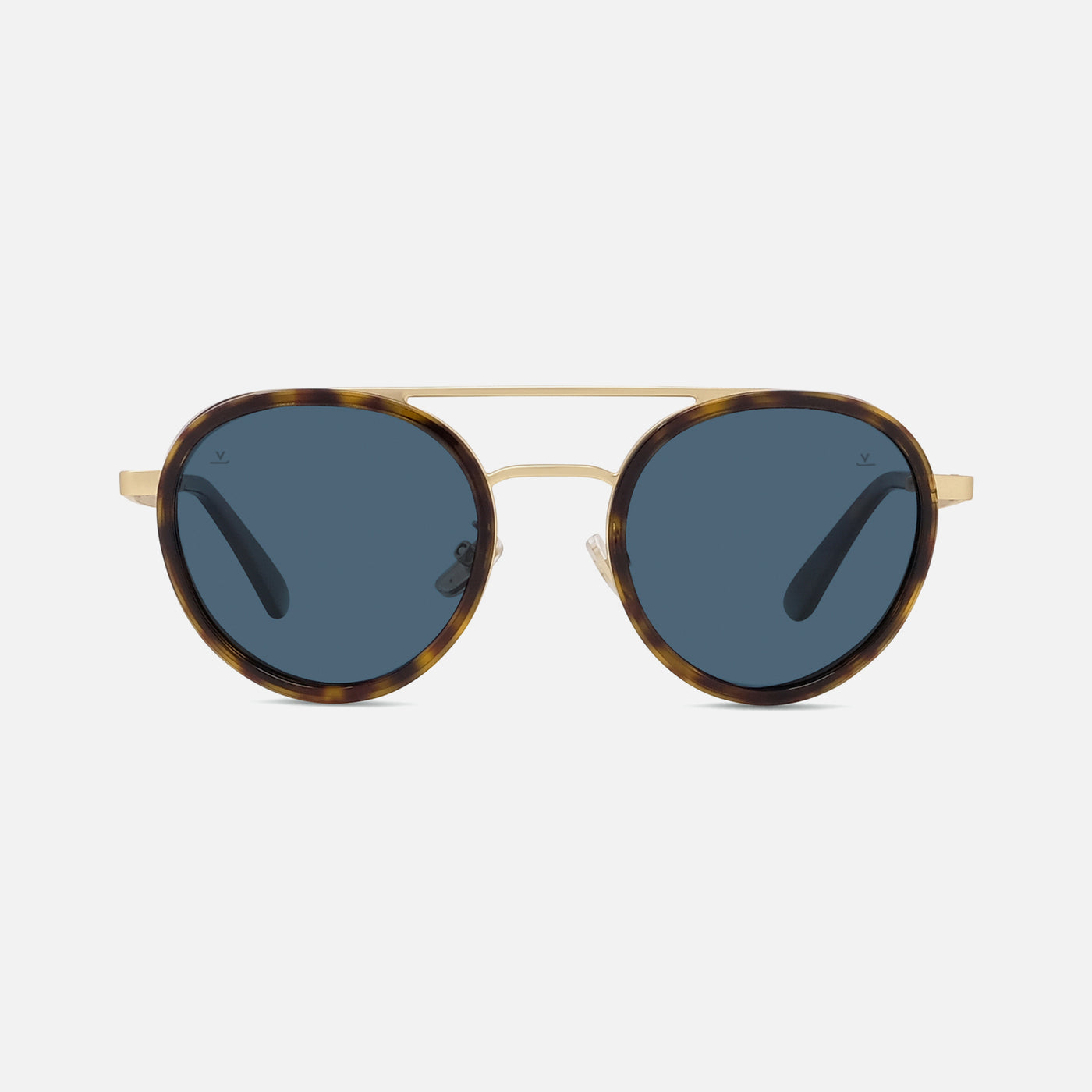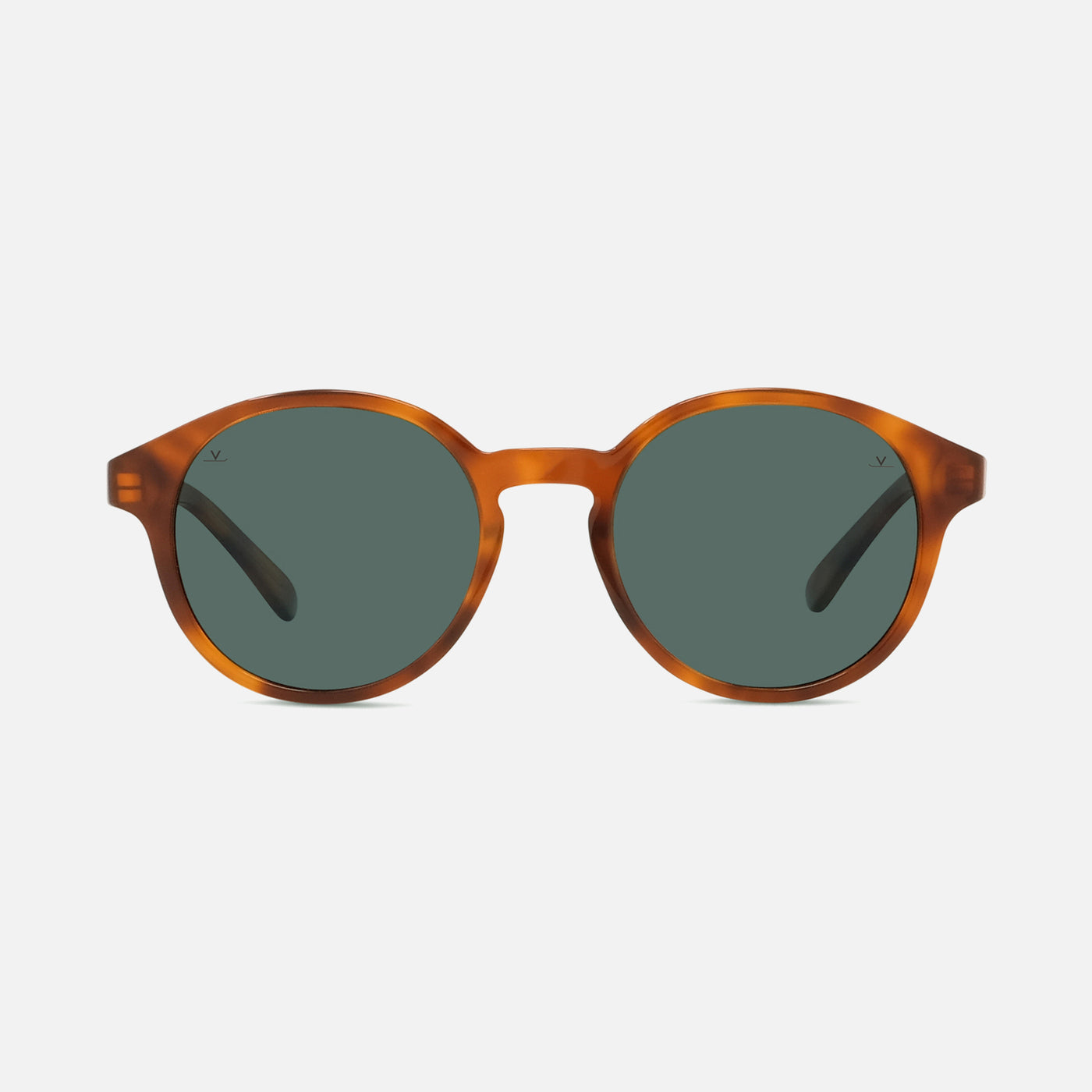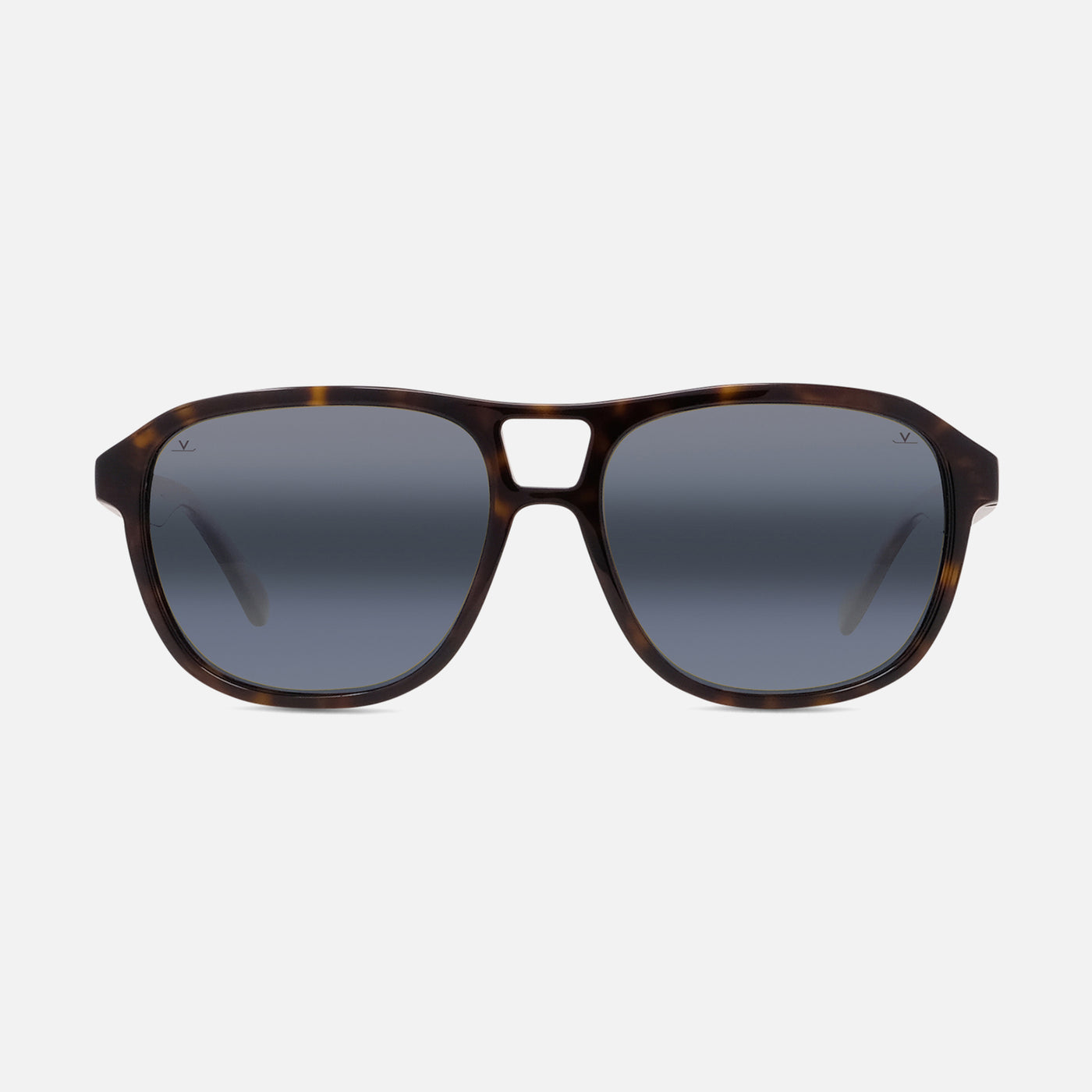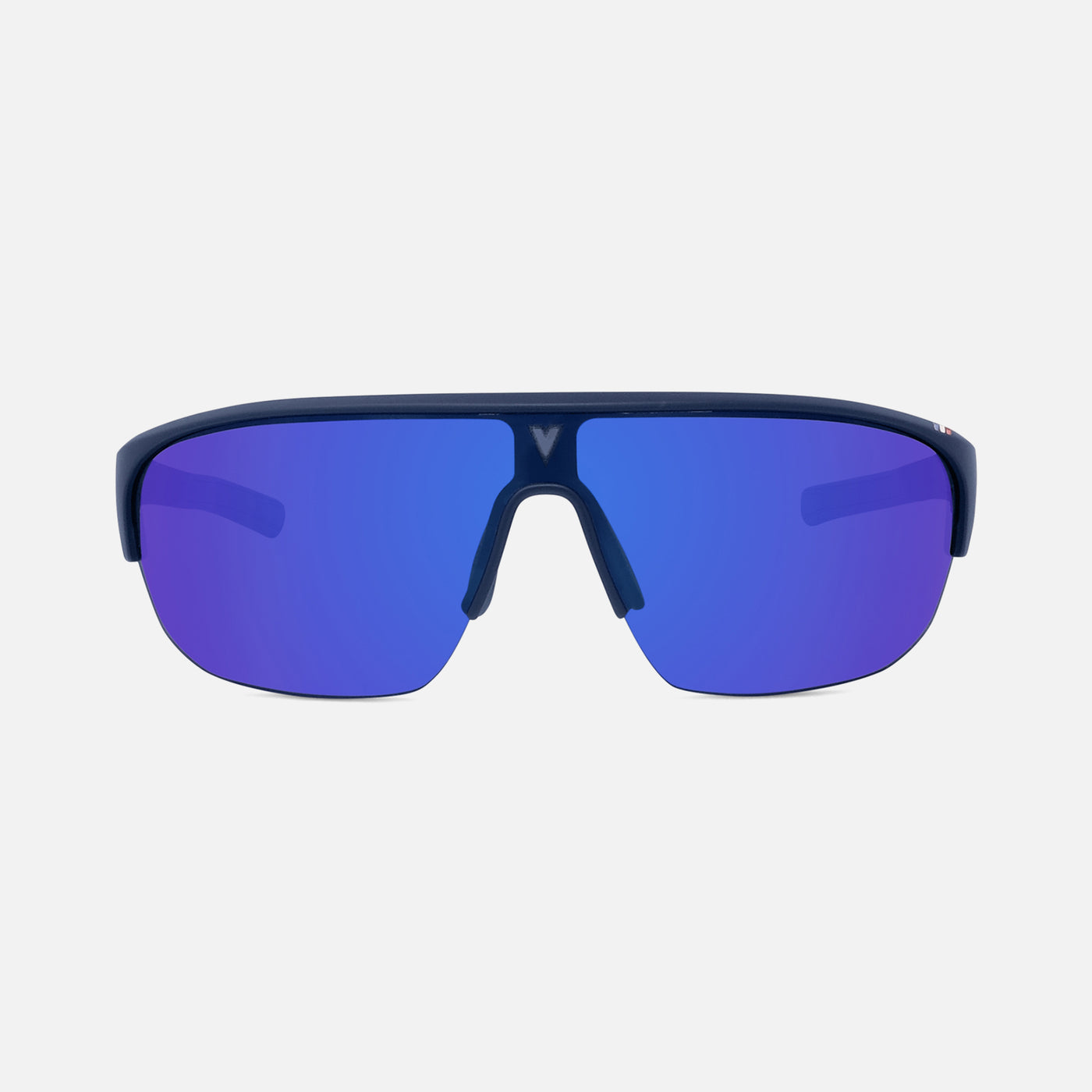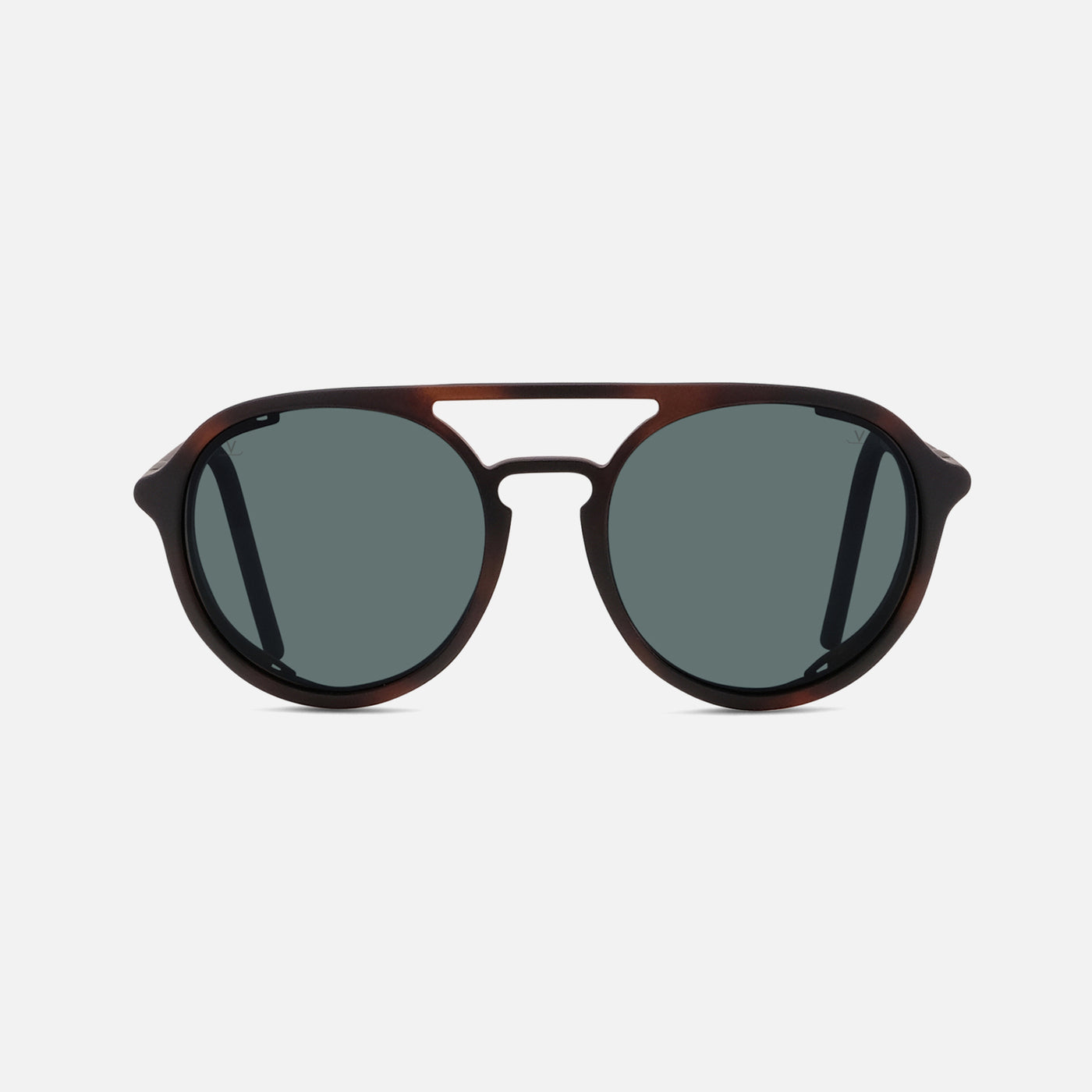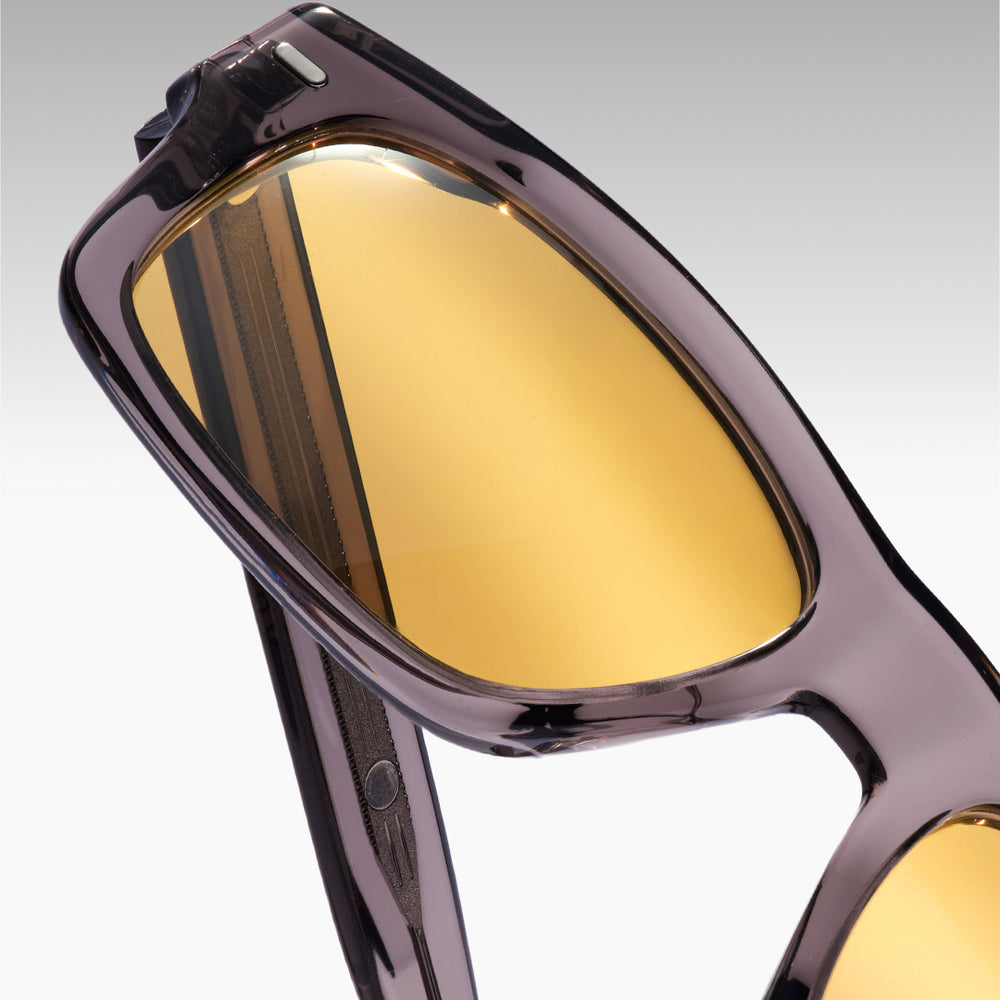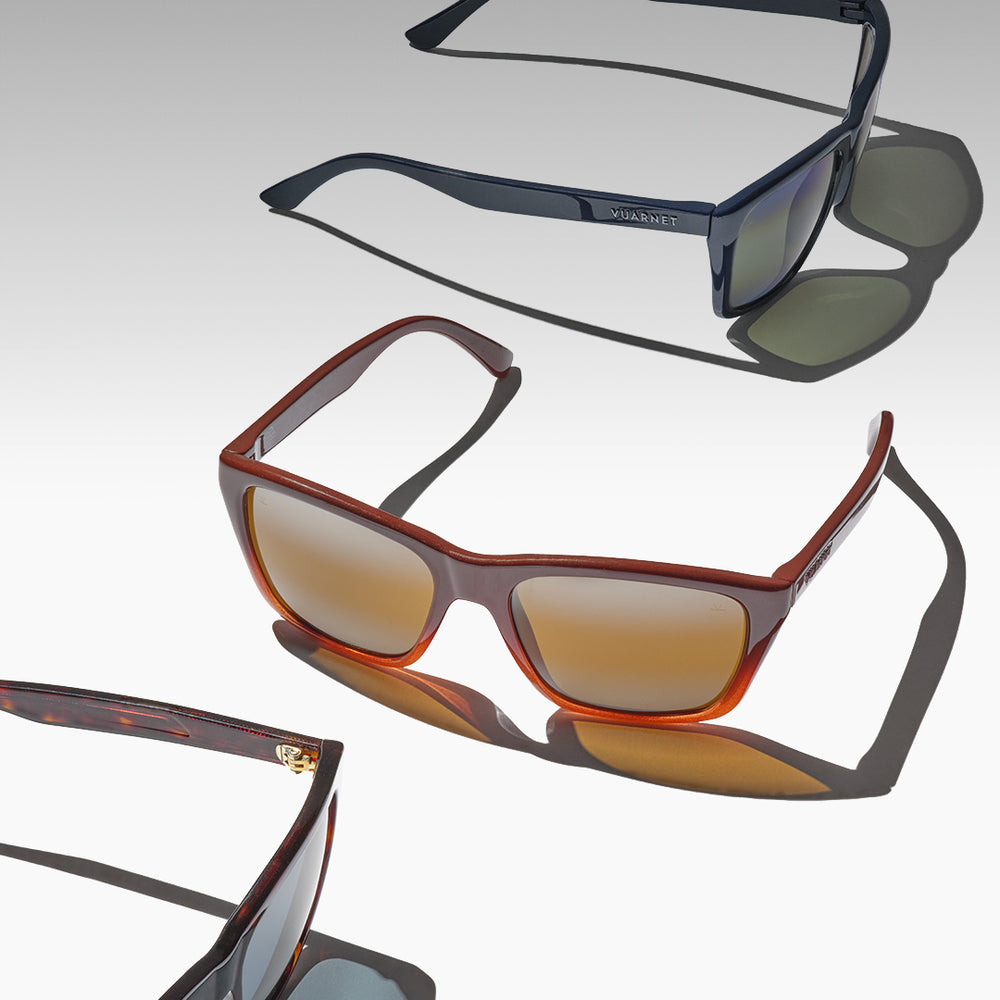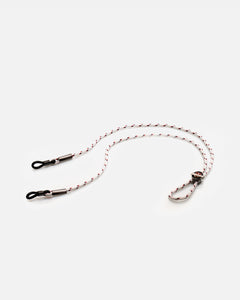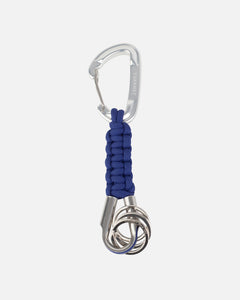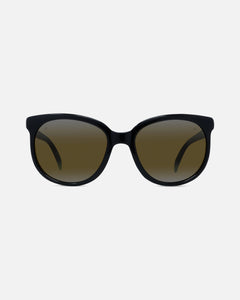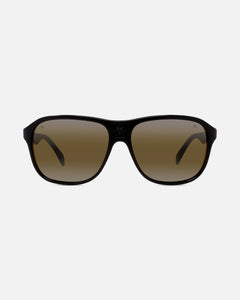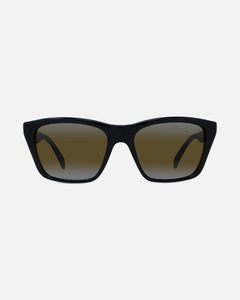

What is polarizing glass?
Polarized lenses attenuate light reflected from flat surfaces and enhance contrasts thanks to a polarizing filter built into the lens. Polarized lenses are useful in water sports while at sea, or by fans of winter sports and mountain hiking. They improve visual acuity while driving by eliminating stray light reflected off the windshield, as well as glare caused by reflections on wet roads. However, polarized lenses can make it difficult to read LCD screens such as smartphones, dashboards, computer screens or smart watches. Their effectiveness against glare varies over the course of the day due to the changing position of the sun.
What's the difference with Lynx™️ technology?
Lynx™️ technology involves applying a bi-shaded silver mirror coating to the surface of the glass lens. It is positioned only on the upper and lower parts of the glass to enhance glare protection. The upper mirror protects against direct sunlight, while the lower mirror protects against light reflecting off the ground. Vuarnet's signature treatment existed long before the creation of the polarizing filter. The advantage is stable, reinforced protection for every moment of the day no matter the sun’s position.
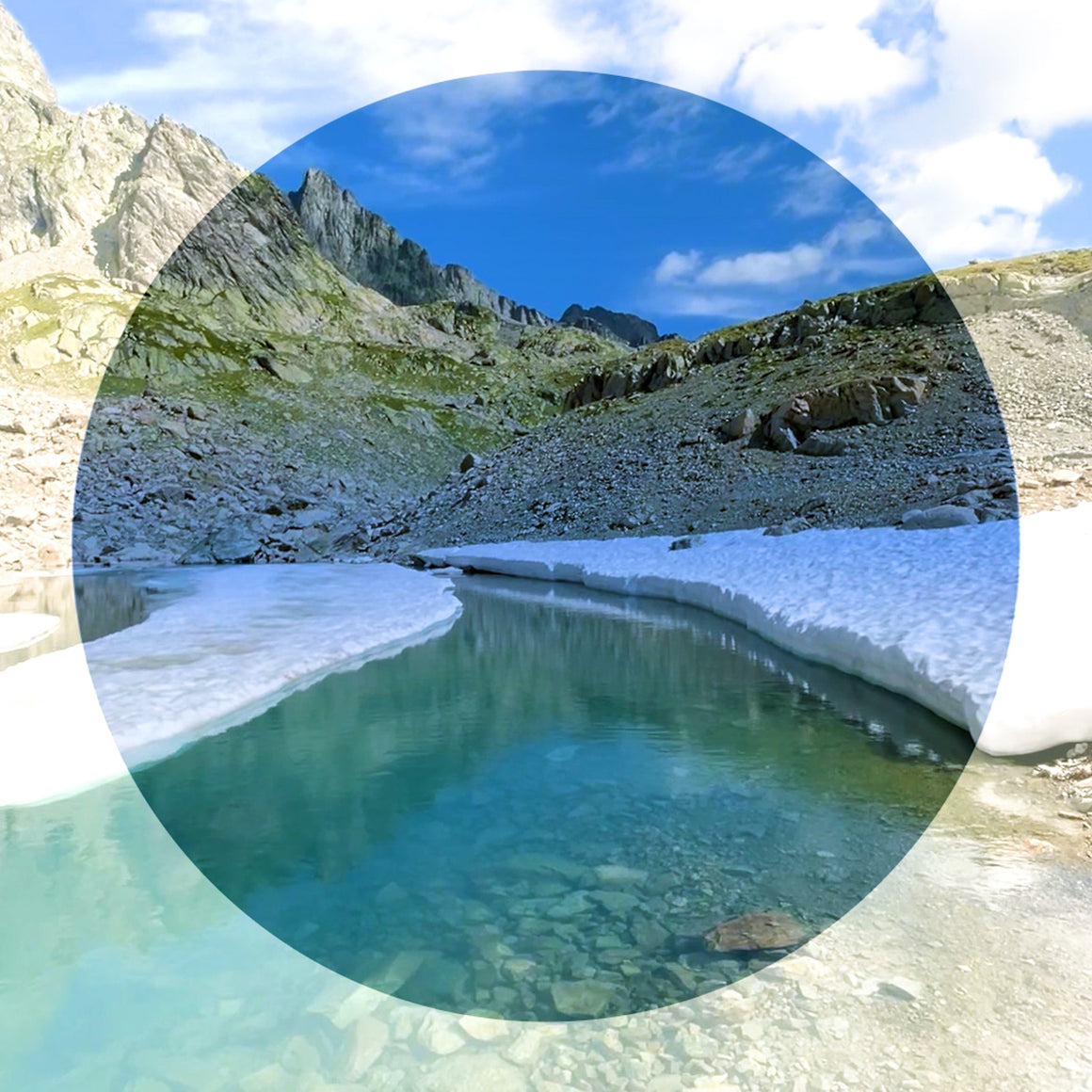
Why choose between polarizing and Lynx technology?
Our Blue Polarlynx™️ lens combines these two technologies. It provides the benefits of a polarizing film as well as a bi-shaded mirror coating. It's the ultimate in glare protection. Whether you opt for polarization or Lynx™️ technology, Vuarnet is committed to providing you with exceptional vision at all times. All Vuarnet mineral glass lenses, regardless of the technologies applied, guarantee the highest levels of protection, precision and durability. They filter 100% of UV light and are the only lenses in the world designed to absorb up to 94% of infra-red rays, protecting your eyes from heat and dryness.
Why choose polarized sunglasses?
Polarized lenses provide better protection against glare caused by reverberation, and also improve contrast and color perception. The result is greater visual clarity, greater visual comfort and reduced visual fatigue.
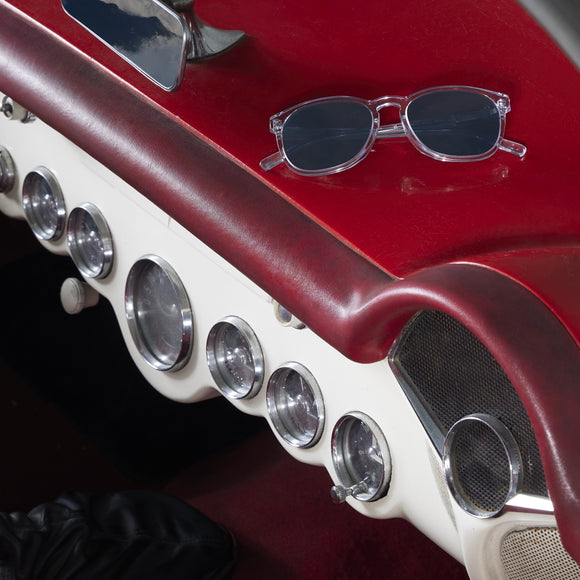
When should you wear polarized lenses?
1- Polarized lenses for driving:
Sunglasses with polarized lenses are ideal for daytime driving, improving visual acuity and visual comfort, which are essential for greater safety behind the wheel.
However, it will be more difficult to see the digital screens on your vehicle's dashboard with polarized lenses. We therefore recommend that you also keep a pair of non-polarized sunglasses close by in the car.

2- Polarized lenses for water sports:
Water reflects between 10 and 20% of light, so polarized lenses are ideal for filtering and protecting against the sun's reflected rays at sea and on the beach. Whether you're fishing, boating, in the ocean or on a lake, get yourself a pair of polarized sunglasses and enjoy your day on the water with complete peace of mind.

3- Polarized lenses for mountaineering and winter sports:
Snow reflects between 40% and 90% of light, so it's vital to protect your eyes from glare to preserve your visual health. Polarized lenses have proven their effectiveness against glare caused by reverberation, so they're extremely suitable for mountain activities. However, when it comes to skiing, polarized lenses can make it difficult to distinguish between good snow and ice.
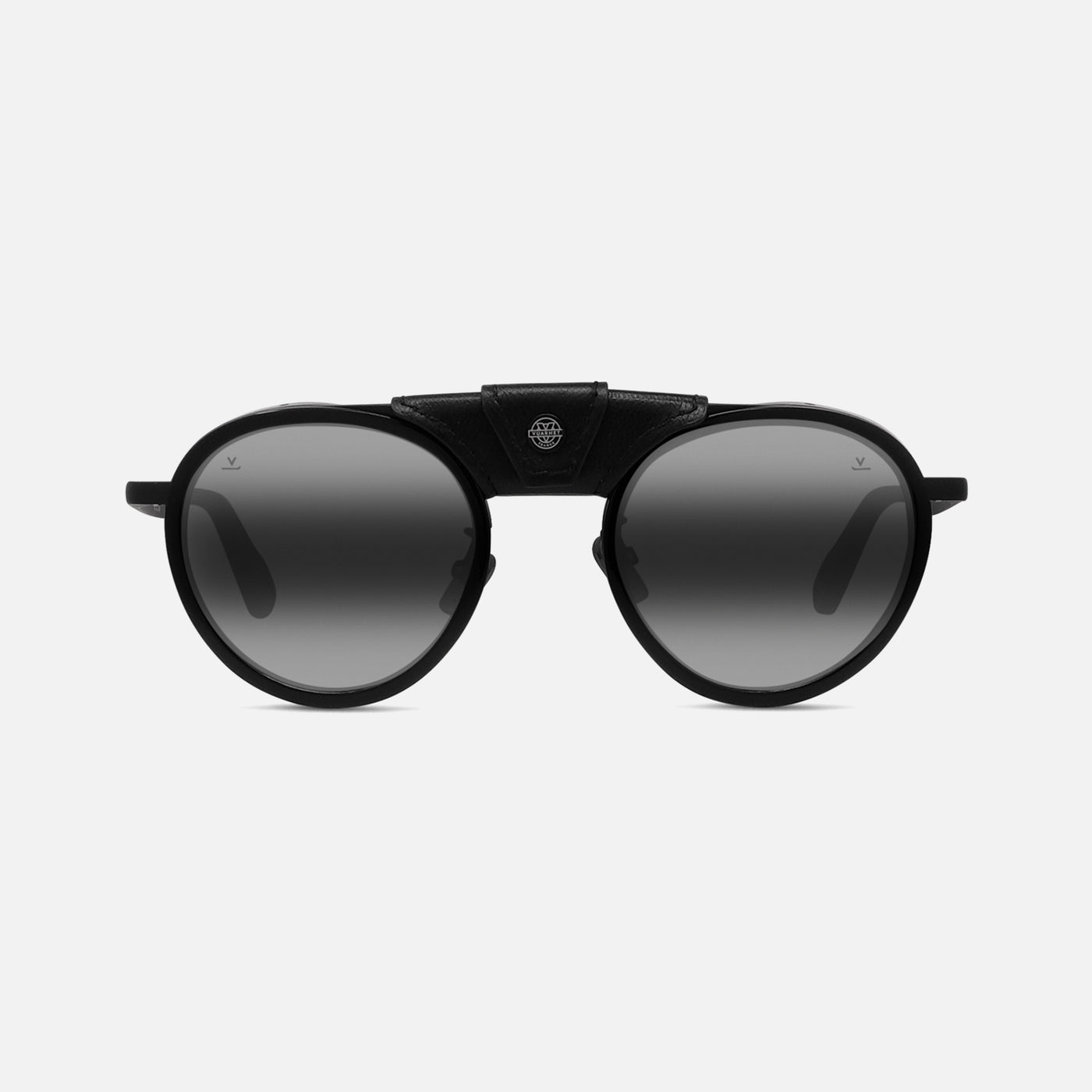
Our polarized glasses
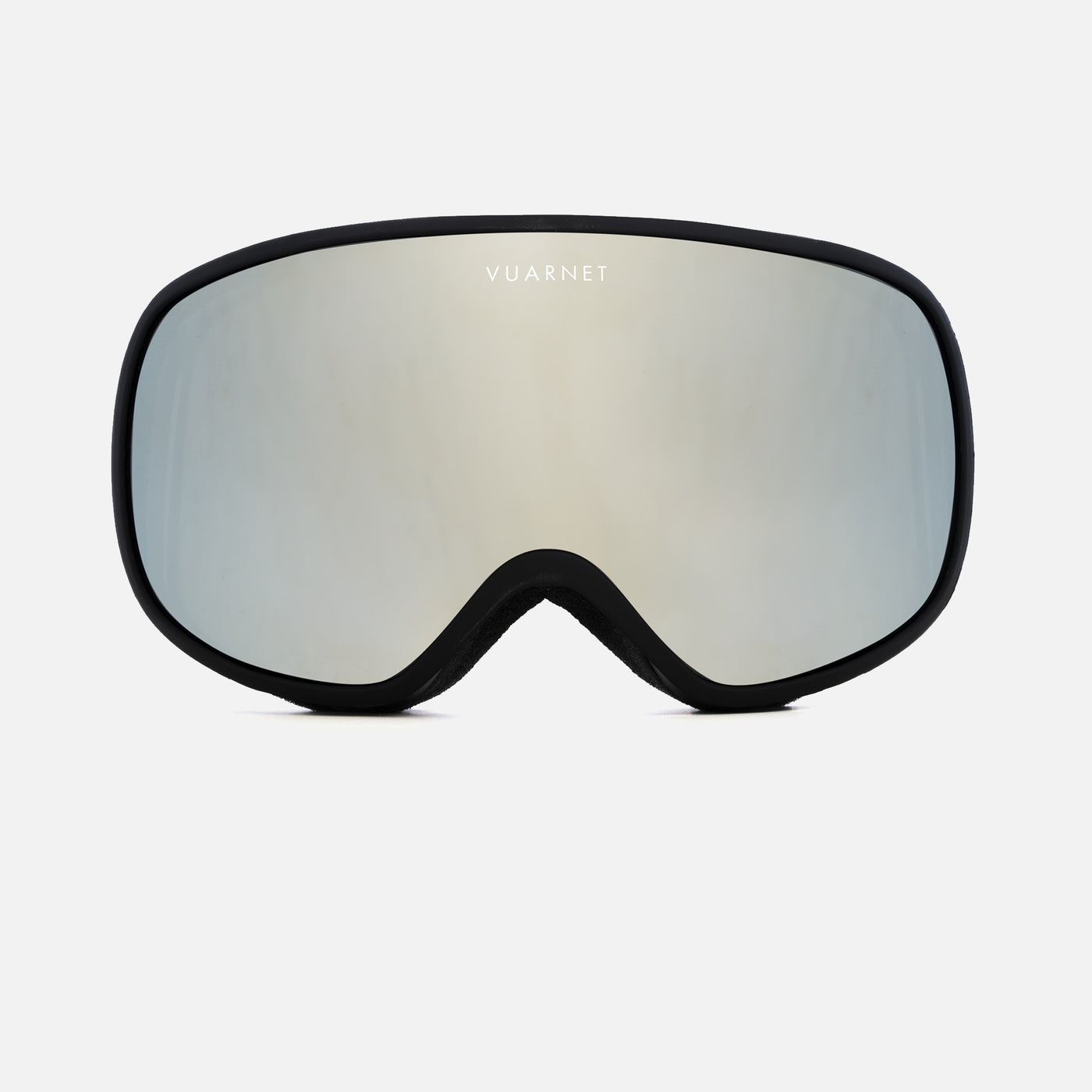
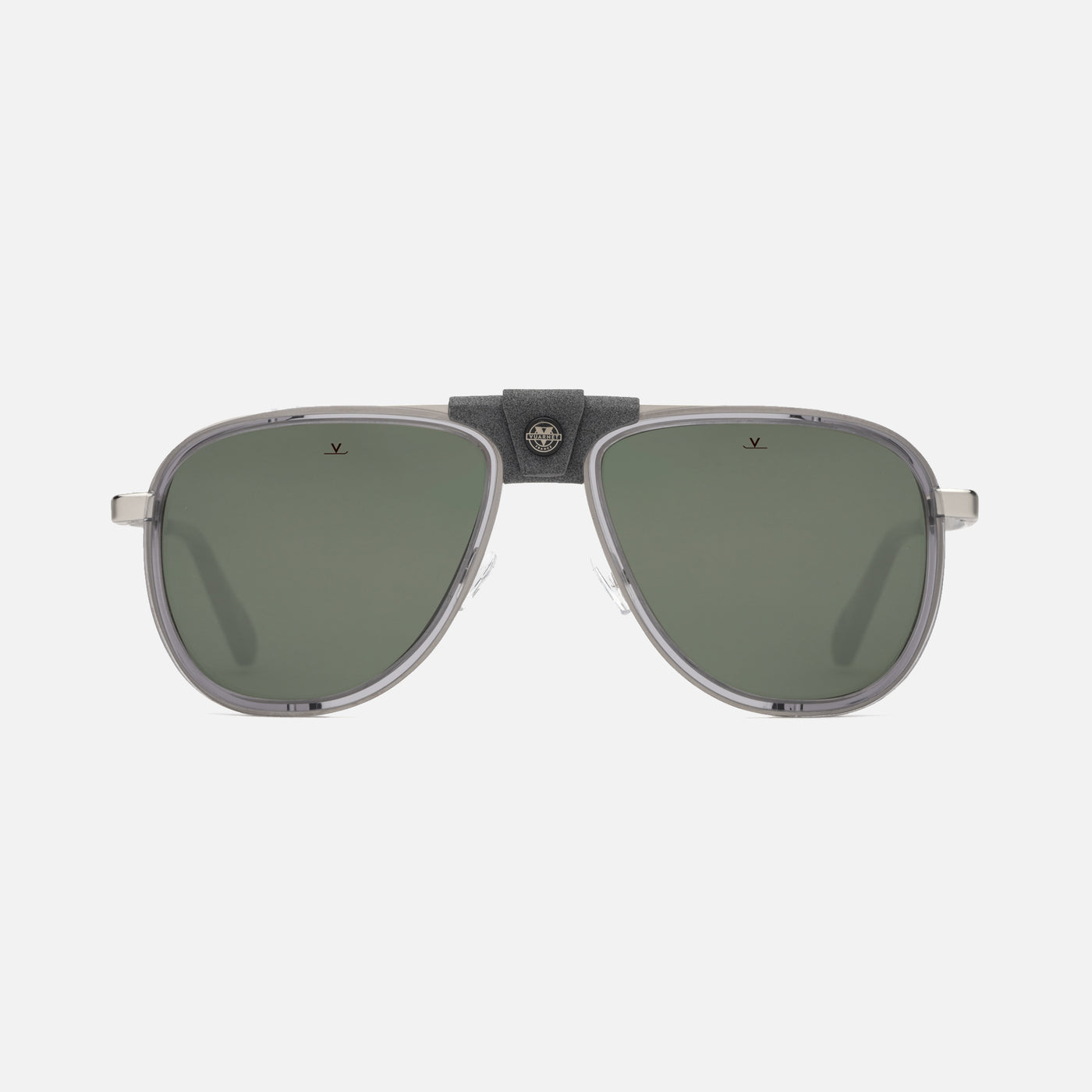
How to choose?
Our wide range of products offers several technologies. Protecting your eyes from UV light and infrared rays remains our priority. At Vuarnet, all our polarized and non-polarized sunglasses have an anti-reflective coating on the back, providing 100% UV protection. Thanks to its purity, natural mineral glass guarantees clear, distortion-free vision.
